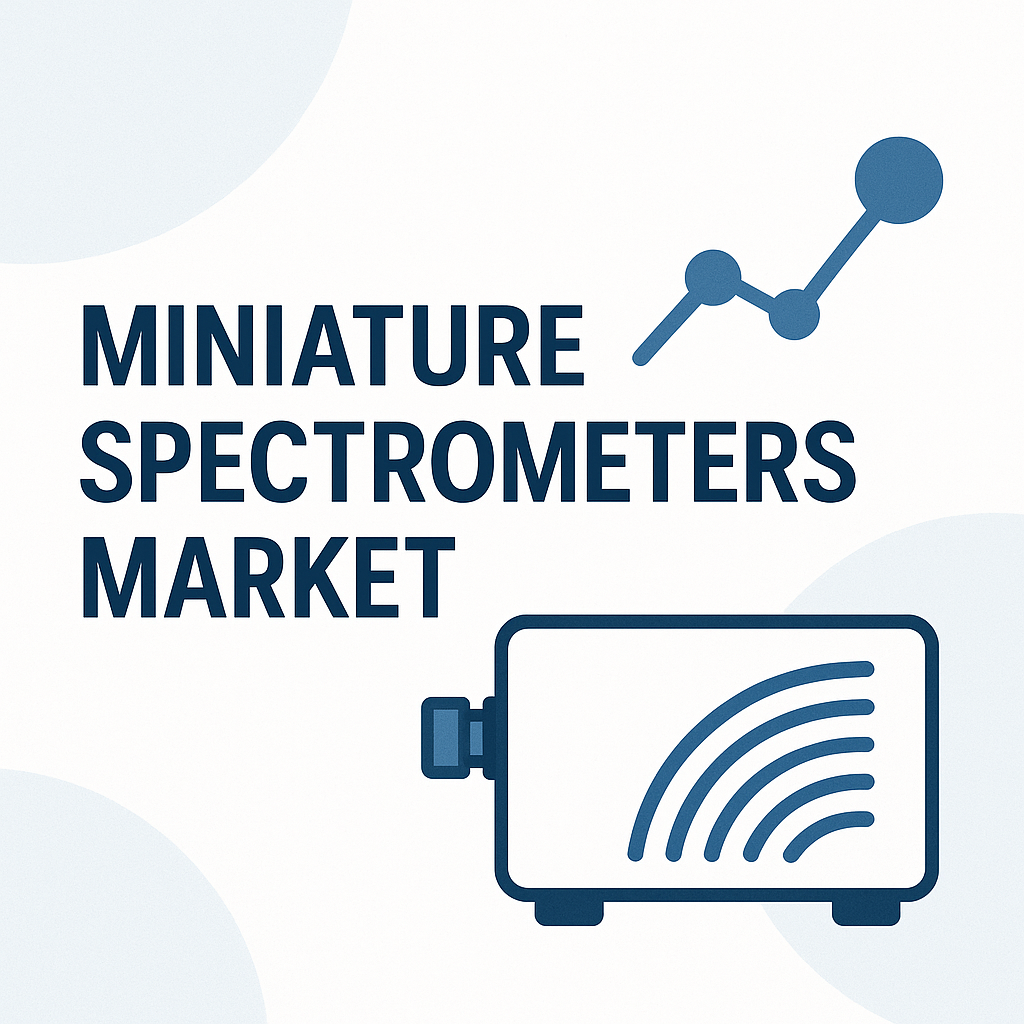The Zolpidem Tartrate API market is witnessing a dynamic phase of growth, driven by increasing global demand for effective insomnia treatments and the broader expansion of the pharmaceutical manufacturing sector. As one of the most commonly prescribed sedative-hypnotic agents, Zolpidem Tartrate has garnered significant attention due to its fast-acting properties and reduced risk of dependence compared to older benzodiazepine-based alternatives. With the prevalence of sleep disorders on the rise due to lifestyle shifts, digital addiction, mental health issues, and aging populations, the API is becoming a focal point of production scale-ups, especially across developing economies aiming to tap into global supply chains. Manufacturers are investing in advanced synthesis technologies and streamlining regulatory approvals to reduce production costs while maintaining stringent quality standards. Regulatory harmonization across regions is further supporting market growth, as countries work to create more consistent pharmacovigilance frameworks that facilitate smoother cross-border API trade. Additionally, growing demand from contract research and manufacturing organizations (CROs and CMOs) is propelling outsourcing trends, particularly in Asia-Pacific, which continues to offer cost-competitive production and regulatory agility. Market players are also focusing on lifecycle management of the drug by introducing improved formulations such as extended-release and sublingual tablets, reinforcing the sustained relevance of the Zolpidem Tartrate API in the formulation sector.
On the competitive front, the Zolpidem Tartrate API market is moderately fragmented, with several regional and global players competing on the basis of purity, pricing, delivery timelines, and compliance standards. Consolidation among mid-sized players is gaining momentum to achieve economies of scale and better leverage distribution networks, particularly in regions like Latin America and Eastern Europe, where market penetration is still evolving. Technological advancements in chemical synthesis, coupled with automation in production environments, are enabling better yields and consistent quality of APIs, which is vital in maintaining competitiveness in regulatory-heavy markets such as the U.S. and EU. Environmental sustainability is also emerging as a key differentiator, with manufacturers gradually shifting toward greener chemistry practices to meet increasing environmental, social, and governance (ESG) expectations. As governments ramp up domestic production initiatives to reduce dependency on imports, particularly in the wake of global supply chain disruptions, domestic manufacturers are expected to benefit from incentives and faster approvals. Meanwhile, the rise of digital health and telemedicine has indirectly boosted demand for prescription sleep aids, further underscoring the importance of reliable API supply chains. Looking ahead, the Zolpidem Tartrate API market is poised for steady growth, shaped by shifting regulatory landscapes, innovation in formulation, and the continuous global demand for effective sleep disorder therapeutics.


